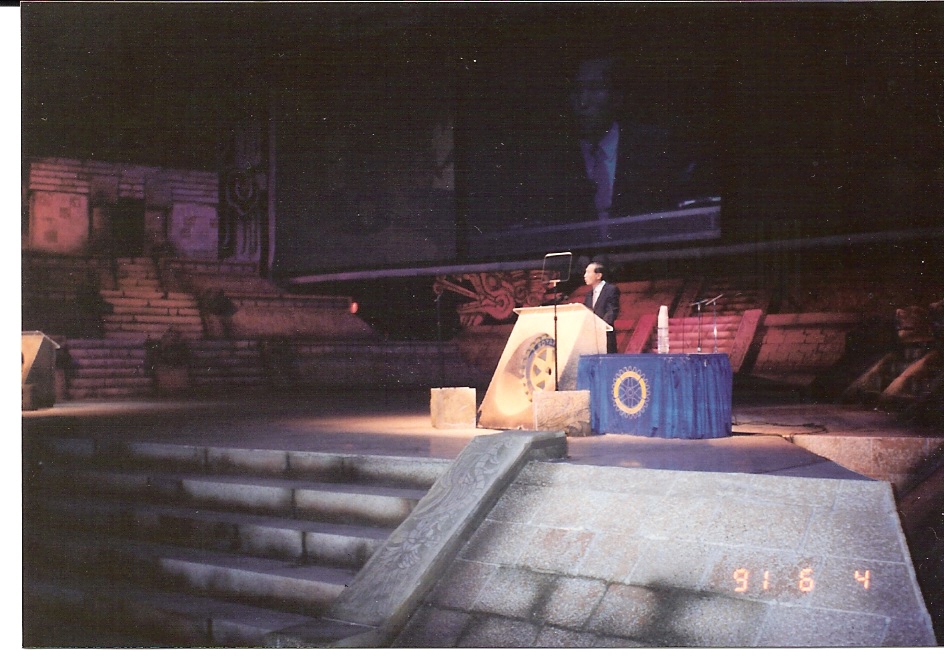By Chris Cote
When I was in college, the president of the university was gracious enough to meet with me in his office. There was an agenda, but when we finished with that he asked me to stick around and talk. How was I doing? What was going on in my life? He was and is an extremely busy man, but was genuinely interested in my life (and I was no special case, he showed this compassion for each student he came across). I wasn’t expecting this and I seized up, just for a second. I was nervous to come up with something interesting (he’s very nice, but I’m sure he didn’t want to hear about the final exams my head was buried in).
The day before, I had watched two university faculty members debate whether an undergraduate’s time should be spent engrossed in theory or filled with activism and service. This was a conversation I had heard many times before, but had not come to any firm conclusion. Neither did the professors. I took the opportunity and presented my dilemma to the president. He just smiled.
“Chris, there’s no need to choose between the two. You’ve created a false dichotomy. A student’s time need not be spent solely in the library or just organizing rallies or doing service abroad.” The point was to balance the two, and by presenting the question as a debate, it allowed students to find the missing middle—that theory and action go hand in hand, a key focus of the university, especially its international relations program.… Continue reading



